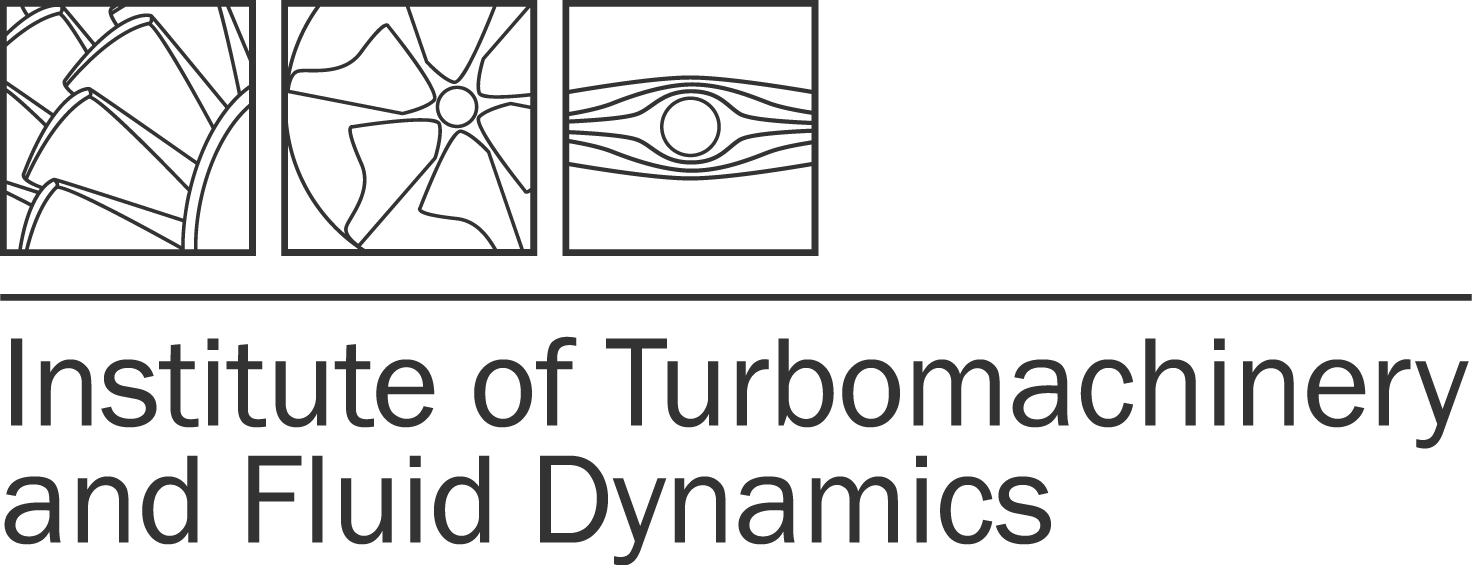The Turbochargers and Radial Engines research group is investigating ways to make next-generation vehicles more fuel-efficient or to secure tomorrow's energy supply.
Radial machines are a key component in both making next-generation vehicles more fuel-efficient and ensuring the energy supply of tomorrow. In the current trend of downsizing, vehicle engines are designed with less displacement and higher boost pressure for the same performance. This is done in order to reduce fuel consumption and emissions. In the course of downsizing, the demands on the turbocharger are increasing due to higher boost pressures and exhaust temperatures as well as the demand for a wider operating range. In particular, the transient operating behavior must be constantly improved to improve driving dynamics (avoidance of the so called "turbo lag"). In addition, larger centrifugal compressors are used in power plants and for natural gas production in pipelines. In these applications, flexibility for rapid load changes is required in addition to the achievement of high efficiencies. This is necessary in order to follow the rapidly changing load cycles of wind power and photovoltaic plants and thus to ensure the stability of the power grid or to compensate for fluctuations in the pipeline network to create a constant pipeline pressure. In both applications, the operation of centrifugal compressors in the partial load range will be increasingly necessary in the future. Radial compressors will also be used as an air supply system for fuel cells in order to be able to dynamically deploy the systems for supplying energy to households, vehicles and aircraft in accordance with the fluctuating load.
Improvement of the part-load behavior of centrifugal compressors
For this purpose, the physical flow phenomena at the operating limits are investigated numerically and experimentally. The knowledge gained is used for the further development of static components, such as inlet guide vanes, bladed diffuser or an asymmetrical volute, in order to extend the operating range of the compressor and to use it more efficiently. On the turbine side, the focus is on improving the part-load behavior of small turbocharger turbines. In addition to the further development of classic turbine control mechanisms, the rotor concept in particular is the subject of current research work. Furthermore, especially in the turbocharger, the diabatic behavior plays an important role in the investigations, since heat flows in the turbocharger have a very strong influence on the operating behavior.
Compact Turbomachinery Design
In the field of compact turbomachinery design, the focus is on the further development of existing design tools. The design includes the development of process chains for aerodynamic and structural-mechanical design and the derivation of corresponding design criteria. Simulation and optimization strategies are developed to reduce development times and save resources. Finally, the turbomachines are manufactured as prototypes and examined experimentally.
Group Leader


30823 Garbsen






